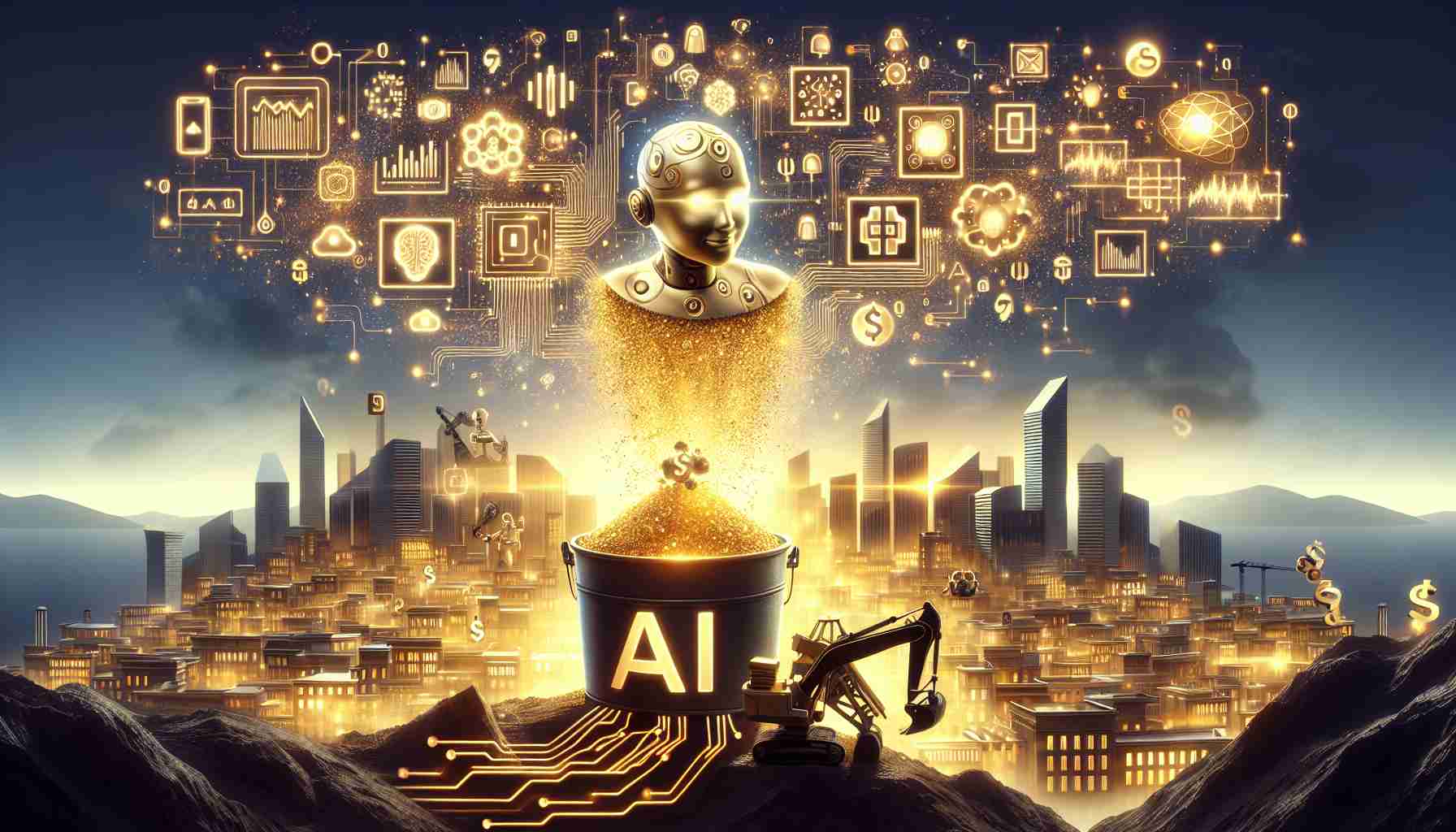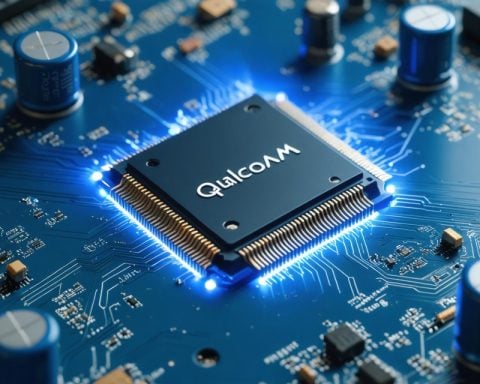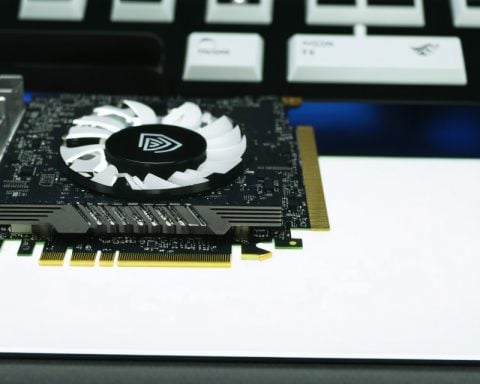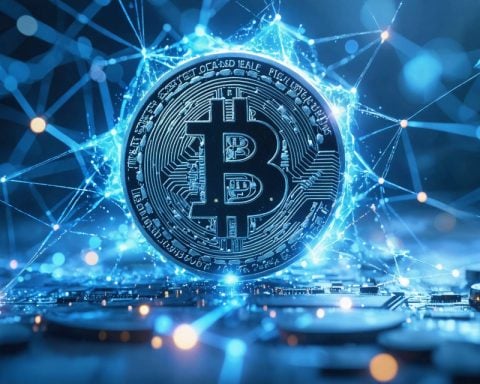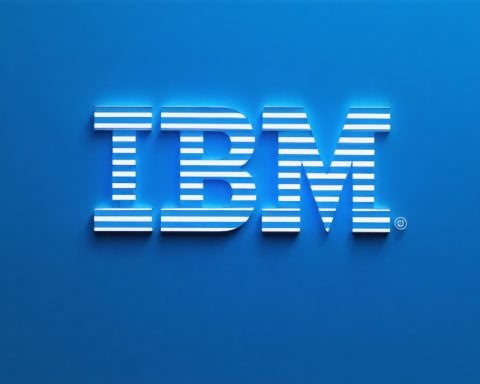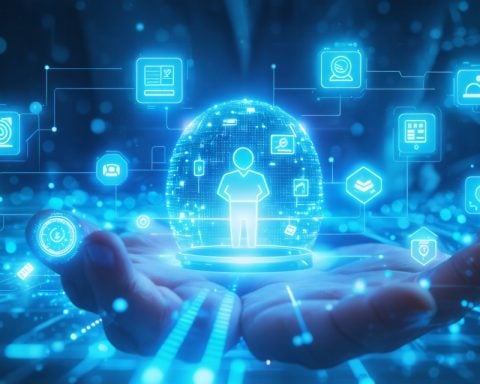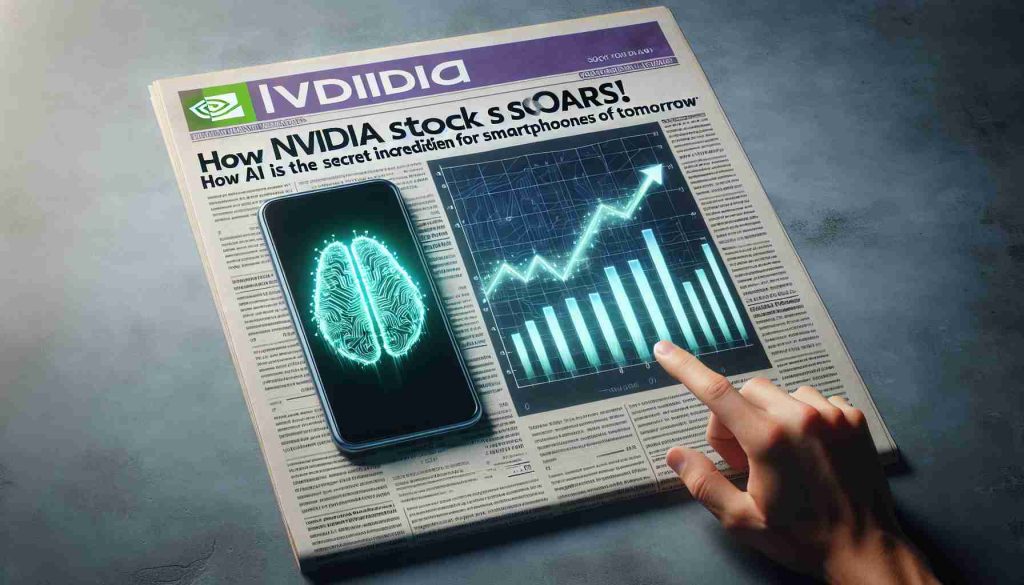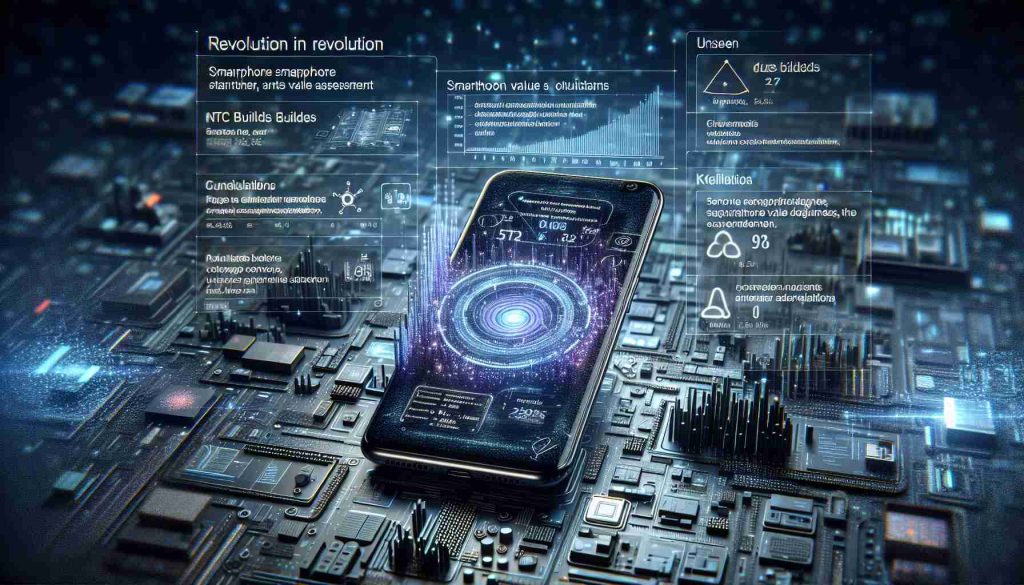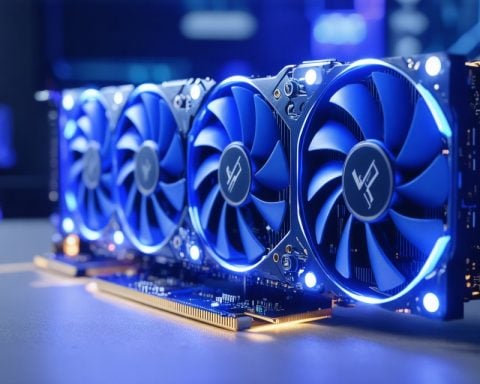The rise of artificial intelligence (AI) is setting the stage for a massive economic shift, with projections indicating growth from $196.6 billion in 2023 to a staggering $1.8 trillion by 2030, according to Grand View Research. This isn’t merely theoretical; AI integration is fast becoming a reality in businesses across the United States, with 73% of companies already embracing this technology. Moreover, 47% of these companies view AI as a promising alternative to conventional hiring methods.
Revolution through Silicon
Nvidia stands out by transforming AI infrastructure with its cutting-edge graphics processing units (GPUs), pivotal for AI and high-performance computing. The company’s stock has soared by 176% in 2024, reflecting its crucial role in the AI sector’s future.
Voice Technology Transformation
SoundHound AI has revolutionized voice recognition tech, branching beyond automotive to sectors like healthcare and finance. The company has shown remarkable growth, with significant revenue diversification and a 259% stock surge in 2024.
Data to Intelligence Powerhouse
Palantir Technologies excels at converting complex data into practical insights. Its stock has increased by 282% in 2024, driven by its versatile AI applications across government and corporate domains.
Semiconductor Prowess
Taiwan Semiconductor Manufacturing Company is crucial in producing advanced processors necessary for AI applications, maintaining a strong market hold with its future-ready chip technology.
Defense Innovation with AI
Lockheed Martin is quietly advancing AI capabilities within defense, leveraging its position to enhance national security technology.
AI in Banking
JPMorgan Chase is leading the financial sector’s AI efforts, hiring the industry’s largest team of researchers and developers.
AI’s Consumer Leap
With the release of Apple Intelligence on iOS 18.1, Apple is embedding AI into everyday consumer technology, setting a foundation for future enhancements.
The surge in AI adoption across diverse industries offers unique investment opportunities. These companies aren’t merely spectators; they are pivotal in crafting the future landscape of artificial intelligence.
The Quiet Revolution: How AI is Shaping Lives and Industries in Unexpected Ways
Artificial intelligence (AI) is not just transforming industries; it’s subtly yet profoundly changing the fabric of everyday life. While much of the attention has been on the tangible economic benefits and corporate gains, the effects of AI’s rise are more far-reaching, influencing communities and individuals on a personal level.
The Role of AI in Education
One of the lesser-discussed impacts of AI is in education. AI-powered tools are redefining how students learn, with platforms like Duolingo and Khan Academy utilizing AI to personalize education. These tools adapt to each student’s learning pace, offering customized recommendations and exercises. This can significantly reduce the education gap, potentially providing high-quality learning opportunities to underprivileged communities worldwide.
Pros and Cons: Personalized education can lead to enhanced learning outcomes, but it might also reduce interpersonal interactions and critical social skills developed in traditional educational settings.
Healthcare Innovation Beyond Automation
Beyond automation, AI’s ability to predict and diagnose diseases earlier is a game-changer. AI algorithms analyze massive datasets, uncovering patterns that human doctors might miss. This technology can revolutionize early diagnosis, especially in fields like oncology or cardiology, potentially improving survival rates and quality of life for patients.
Controversies: The integration of AI in healthcare raises privacy concerns, as sensitive patient data must be protected. Furthermore, there’s the ethical question of machine-based decisions in life-and-death scenarios.
AI and Sustainability Initiatives
AI’s role in promoting sustainability is an exciting frontier. Energy management companies are using AI to optimize electricity usage and reduce emissions, paving the way for smarter, greener cities. AI systems predict weather patterns, helping manage renewable energy sources more effectively.
Impact: These advancements could alleviate some pressures of climate change, but they also require substantial initial investments and pose risks of over-reliance on technology without addressing underlying behavioral changes.
AI’s Impact on Employment
While AI presents business opportunities, its impact on the workforce is significant. Jobs in fields like customer service, manufacturing, and retail might be displaced as companies adopt AI technologies. However, AI also creates new job roles focused on developing, managing, and maintaining AI systems.
Community Consideration: How will communities support workers transitioning between job sectors? Education and retraining programs are crucial to mitigate negative impacts on employment.
AI and Social Challenges
AI technologies can perpetuate biases present in data, potentially leading to unfair outcomes, especially in areas like criminal justice or hiring. Ensuring AI algorithms are equitable and transparent will be a significant challenge moving forward.
Conclusion: Is AI a Friend or Foe?
AI’s influence on modern society raises important questions: Is technology evolving faster than our ability to integrate it responsibly into the human experience? How can we ensure benefits are equitably distributed? Stakeholders across sectors must collaborate to address these challenges, paving the way for a future where AI empowers everyone fairly.
Discover more about AI’s impact and its evolving role across different sectors from reliable sources:
– Wired
– Guardian
– Forbes

